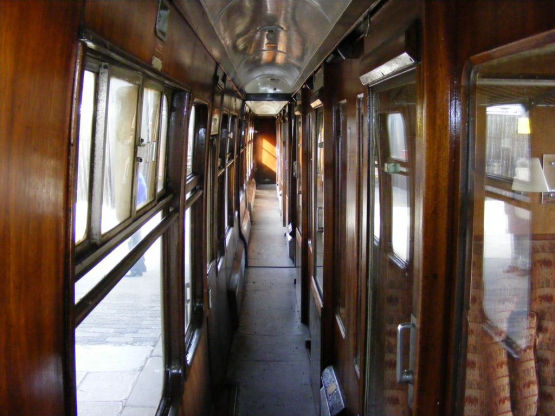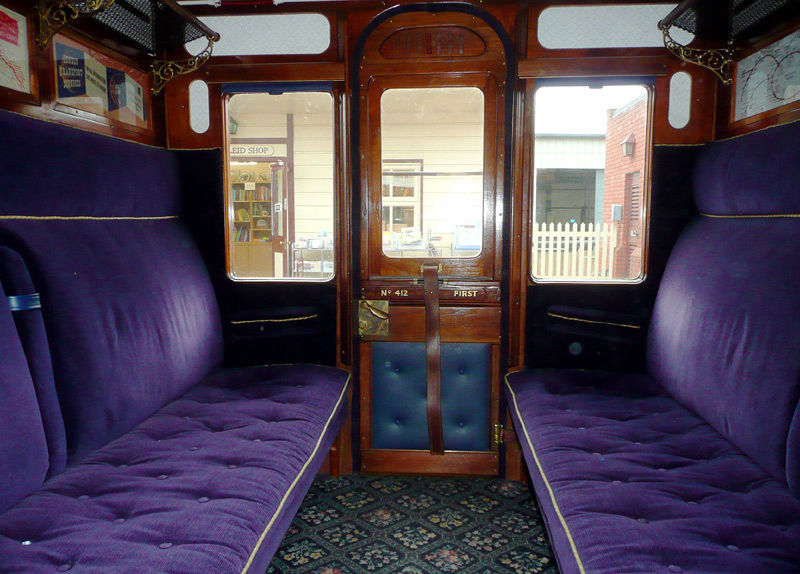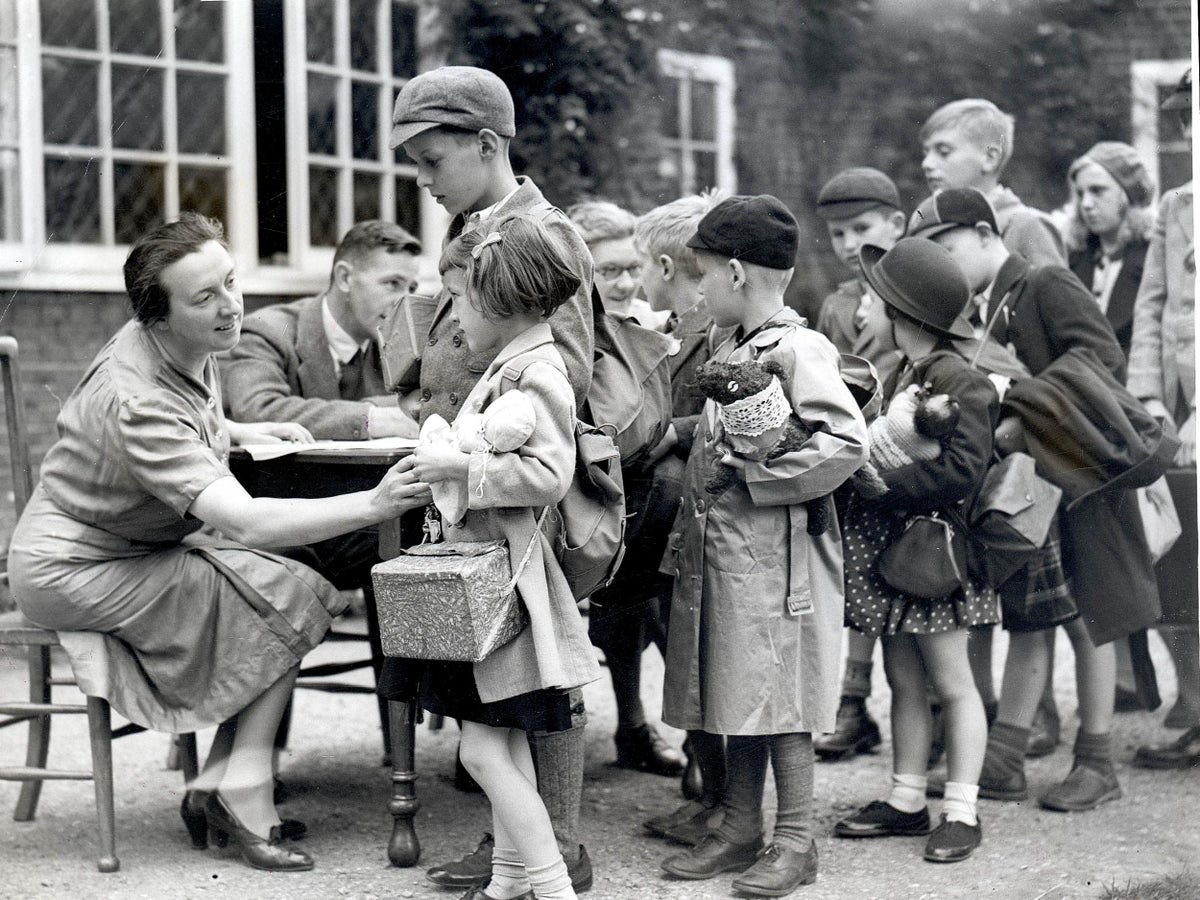
Evacuation 3
(train travel continued)
Many inner-city children had not been on a train before; buses yes, but not on real trains. They were given some sandwiches and drinks at stations where the trains stopped either to pick up children or coal or water.
What problem might that cause?
Well, the more you drink, the more you need to
… ‘go’. Trains in those days were not like
today’s trains. They were either corridor
trains:

Or compartment trains:

If the children were lucky enough to be on a corridor train, they could possibly, amongst all the hundreds of other children, leave the compartment (if allowed by the teacher) and find the loo.
If they were unlucky enough to be on a
compartment train, that’s when the problems
started. On both sides of the compartment train,
there was only a door to the outside.
Children unfortunately wet themselves or, with
a very brave teacher, be held over the open
window and they could ‘relieve’ themselves that
way. For many, it was a painful journey of
‘holding on’. Often journeys lasted for many
hours, because the evacuation trains had to give
way to troop trains or armament trains carrying
war supplies.
When the children arrived at their destination,
many of them were split up from brothers and
sisters. Not only that, but in local church
halls (like our auditorium) local people were
allowed to choose which children they wanted to
take in. Farmers went for stronger-looking boys,
shopkeepers went for those they thought could
help out and posh people went for those who
looked cleanest and most well dressed.
Before the children arrived, a local person had
been around to all houses deciding how many
children each house could take in. And that was
not voluntary. If the person said you could take
3 children, then you took 3.
What might be some problems about children
being sent from cities to the countryside?
• Children had never been to the countryside before
• Children had never seen real livestock (cows, pigs, hens etc) before
• Children might have had indoor toilets at
home, but in the country, the facilities were often
at
the end of the garden and were
basically a hole in the ground …
• Children might not know the local dialect
and might not understand what the local people
were saying
• Children might get cruel people to stay with
• Children might get people who expected them to work hard
And many more.
Also, many children were sent abroad, not just
to the countryside.
For some children it was a brilliant
experience, but for some, it was a bad time.
Some were, for the first time, living a good
life with lots of good fresh food; some were
expected to work all day (say on a farm)
although each local person was paid to take the
children.
Some children were abused either physically or sexually; there was nothing to be done.

This picture shows children being 'selected' for the 'right kind of billet'.
A 'billet' was and is the name where people are temporarily housed. the word is not used much these days.